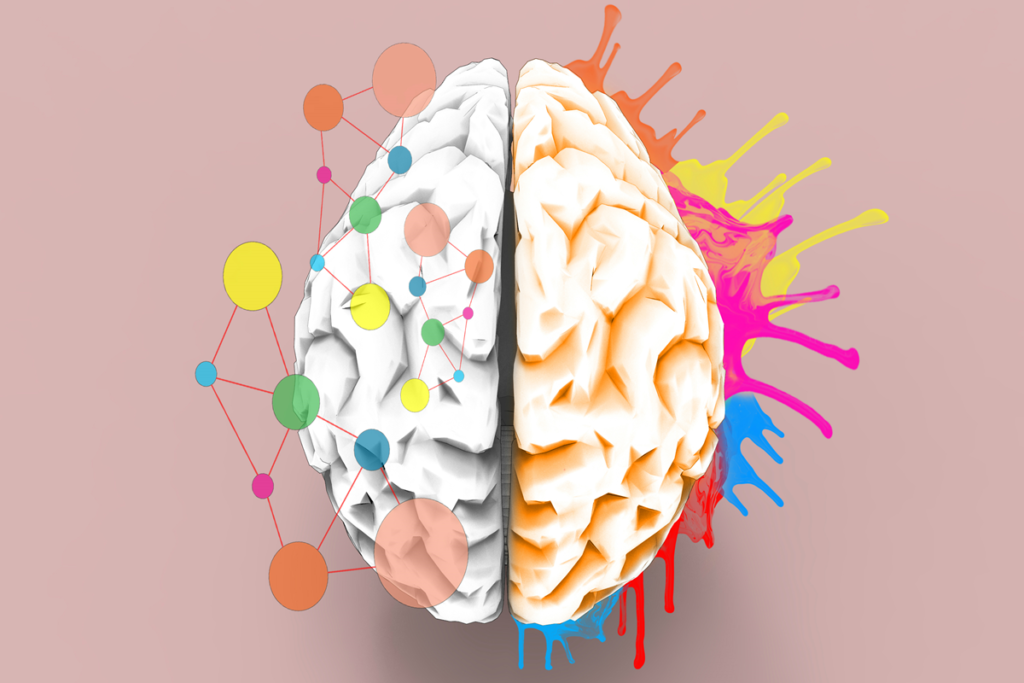Key Takeaways
- Mindfulness meditation can lead to positive changes in brain function and mental health.
- Scientific research supports the benefits of mindfulness for both children and adults.
- Mindfulness can be an effective tool for managing stress and treating brain disorders.
How to Motivate Yourself: 11 Tips for Self Improvement – In our fast-paced world, mindfulness meditation has emerged as a popular practice. It’s often touted for its benefits, ranging from stress relief to improved focus. But what lies beyond the surface of this trendy practice? How does mindfulness meditation truly impact the brain and mind? In this blog post, we’ll dive into the science behind mindfulness meditation and explore how it can transform our mental and neurological well-being.
Mindfulness meditation involves focusing on the present moment with an open and non-judgmental attitude. It encourages awareness of your thoughts, feelings, and bodily sensations. This practice often includes techniques such as deep breathing, body scans, and guided imagery. While it may seem simple, mindfulness meditation has been shown to produce significant changes in both the brain and mental health.
How Does Mindfulness Meditation Affect the Brain?
1. Increased Gray Matter Density
One of the most intriguing findings from mindfulness research is its impact on gray matter density in the brain. Gray matter is crucial for processing information and regulating muscle movements. Studies have shown that regular mindfulness practice can increase gray matter density in areas of the brain associated with emotional regulation, self-awareness, and cognitive control. For instance, research published in the journal NeuroReport found that participants who engaged in mindfulness meditation experienced growth in the hippocampus and other regions related to memory and emotional regulation.
2. Enhanced Brain Connectivity
Mindfulness meditation also enhances connectivity between different brain regions. This improved connectivity supports better communication between areas involved in attention, emotion regulation, and executive functions. Functional MRI studies have demonstrated that mindfulness practice strengthens connections within the default mode network, a network associated with self-referential thoughts and mind-wandering. Enhanced connectivity helps the brain process information more efficiently and adapt to changing circumstances.
3. Reduced Stress Response
Another significant effect of mindfulness meditation is its ability to reduce the brain’s response to stress. Regular mindfulness practice has been linked to lower levels of cortisol, the hormone released during stress. A study published in Health Psychology found that participants who practiced mindfulness showed reduced cortisol levels and improved stress resilience. By lowering cortisol levels, mindfulness helps manage the body’s stress response, leading to a calmer and more balanced state of mind.

Subscribe to our blog for more insights on how to improve your well-being and unlock your full potential!
The Benefits of Mindfulness Meditation for Mental Health
Mindfulness meditation is more than just a brain workout—it’s also a powerful tool for improving mental health. Here are some of the key benefits:
1. Enhanced Emotional Regulation
Mindfulness meditation helps individuals manage their emotions more effectively. By fostering greater awareness of emotions as they arise, mindfulness enables people to respond to them in a more balanced way. This can lead to reduced symptoms of anxiety and depression. Research published in JAMA Internal Medicine found that mindfulness-based interventions were associated with significant reductions in anxiety, depression, and stress.
2. Improved Focus and Attention
Mindfulness meditation enhances concentration and attention. Studies have shown that individuals who practice mindfulness regularly have better attention spans and are less prone to distractions. This is particularly beneficial in today’s digital age, where constant interruptions can impact productivity. A study published in Psychological Science found that participants who underwent mindfulness training exhibited improved attention and cognitive control.
3. Better Sleep Quality
Mindfulness meditation can improve sleep quality by reducing insomnia and promoting relaxation. By calming the mind and reducing stress, mindfulness helps individuals fall asleep more easily and experience more restful sleep. Research published in JAMA Internal Medicine found that mindfulness meditation was associated with improved sleep quality and reduced insomnia symptoms.
Mindfulness for Different Age Groups
Mindfulness meditation offers benefits for people of all ages, including children and older adults.
1. Benefits for Children
Mindfulness meditation can be especially beneficial for children, helping them manage stress, improve focus, and enhance emotional regulation. Programs like mindfulness-based stress reduction (MBSR) have been adapted for children and have shown positive effects on behavior and academic performance. A study published in The Journal of Pediatrics found that mindfulness training improved attention and reduced symptoms of anxiety and depression in children.
2. Benefits for Older Adults
For older adults, mindfulness meditation can help combat age-related cognitive decline and promote mental well-being. Studies have shown that mindfulness can improve memory, attention, and overall cognitive function in older adults. Research published in The Journals of Gerontology found that mindfulness meditation was associated with improved cognitive performance and reduced symptoms of cognitive decline.
Practical Tips for Getting Started with Mindfulness
If you’re new to mindfulness meditation, here are some practical tips to help you get started:
- Start Small: Begin with just a few minutes of mindfulness practice each day and gradually increase the duration as you become more comfortable.
- Find a Quiet Space: Choose a quiet and comfortable space where you won’t be disturbed during your meditation sessions.
- Use Guided Meditations: Consider using guided meditation apps or recordings to help you stay focused and learn different techniques.
- Be Patient: Mindfulness is a skill that takes time to develop. Be patient with yourself and approach your practice with an open and non-judgmental attitude.
Mindfulness meditation offers a wealth of benefits for both the mind and brain. From increasing gray matter density to improving emotional regulation and focus, the scientific research supports the transformative effects of this practice. Whether you’re looking to manage stress, enhance cognitive function, or improve overall mental health, mindfulness meditation can be a valuable tool.
So, why not give it a try? Start incorporating mindfulness into your daily routine and experience the positive changes for yourself.
Leave a comment below to share your thoughts and experiences with mindfulness meditation. We’d love to hear from you!





